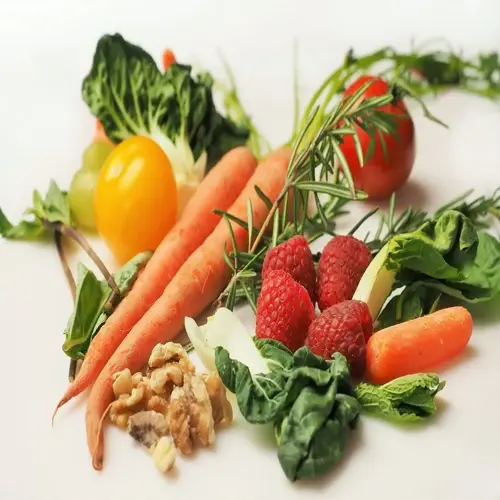How do cooking methods impact flavonoid levels?

Written by
Chen Jialiang
Reviewed by
Prof. Benjamin Murphy, Ph.D.Cooking methods affect the flavonoid amount in your food considerably. Good methods maintain these valuable substances; poor methods destroy them. Understanding how heat and preparation affect the nutrients in food will help you derive the full benefits of what you eat.
Gentle Heat Methods
- Light steaming keeps 95% anthocyanins in vegetables like red cabbage
- Sautéing onions briefly preserves quercetin better than prolonged frying
- Keep temperatures below 100°C (212°F) for sensitive flavonoids
Raw & Fermented Options
- Eating apples raw maintains chalcones intact
- Fermenting soybeans triples isoflavone bioavailability compared to raw
- Cold-pressed juices retain more nutrients than pasteurized versions
Methods to Avoid
- Boiling leaches water-soluble flavonoids into cooking water
- Microwaving at high power degrades delicate compounds
- Charring creates harmful compounds that counteract benefits
Different foods require different methods of preparation. You should steam red cabbage rather than boiling it. You should eat berries raw or mildly cooked. You should ferment soybeans to obtain the highest amount of nutrients. These methods protect the bioactive compounds that will improve your health.
Use these techniques daily! Steam, don't boil vegetables. When cooking, add all acidic reagents, such as lemon juice. Properly package the food that you have prepared. You will taste enhanced flavor and texture with retained nutrition.
Preparing meals in smart ways makes your meals much more nutritious. I steam vegetables weekly and ferment soybeans monthly. These habits assure we get maximum benefit from the flavonoids present. Perhaps you can start by changing just one aspect of your cooking, such as steaming instead of boiling. The difference will be evident in your energy level.
Read the full article: 10 Flavonoid-Rich Foods for Better Health

